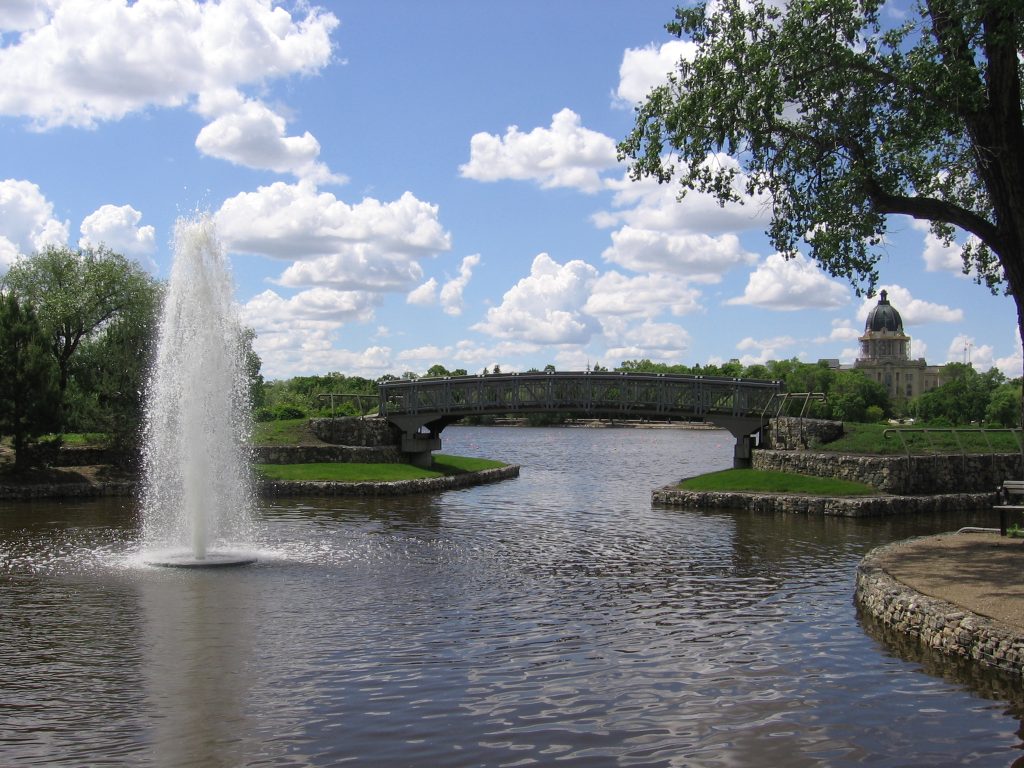
Question Period - Public Safety and Emergency Preparedness
Carbon Tax
October 25, 2016
The Honorable Senator Denise Batters:
Minister Goodale, in our home province of Saskatchewan, the Trudeau government's stated intention to impose a carbon tax is of critical importance. A recent Regina Leader-Post article quotes your government's own working group report. The report rather coldly states that:
As the market adjusts to the reality of carbon pricing, the overall make-up of the economy will change. This will create a period of transition where some firms will need to change production processes and some individuals may need to change employment.
Minister Goodale, has the Liberal government quantified this? How many jobs will be lost in Saskatchewan? If you don't know this information, how can your government plow ahead with a carbon tax without having this crucial information?
Last week Premier Brad Wall spoke about how many Saskatchewan jobs he would be willing to lose in the name of a federal carbon tax. His answer: Not one. I agree.
How many Saskatchewan jobs are you willing to lose to a carbon tax?
Hon. Ralph Goodale, P.C., M.P., Minister of Minister of Public Safety and Emergency Preparedness: Honourable senator, that question is not directly within the purview of public safety, but I won't shy away from answering.
The policy is intended to create jobs, not reduce jobs. In the case of Saskatchewan, the premier has estimated that the revenue from a policy of carbon pricing is likely to generate something in the order of $2.5 billion. Every single cent, every penny, of that money would remain in Saskatchewan, entirely at the discretion of the Government of Saskatchewan. If Premier Wall so decides, that would allow his government to eliminate the provincial income tax in Saskatchewan. It would allow him to eliminate the property tax in Saskatchewan on farmland, homes and businesses. It would allow him to invest in innovation and technology. It would allow him to create a modern, competitive, successful economy with great growth potential for the future.
The whole idea here is to make sure, through carbon pricing, that provinces have the flexibility to design the program that works best for their province, to retain every cent of revenue for the province and to have the wherewithal to invest in innovation, productivity, economic growth and job generation for the future — not job losses but job generation.
In addition to that, in Saskatchewan, the Government of Canada will be investing in science like carbon capture and sequestration, and investing in new infrastructure like power grids that can connect Saskatchewan heavy industry to hydro power that is completely carbon-free. They will also invest in major water development and conservation projects to control those floods that are caused by the impacts at least of climate change, to better control those flood waters, to prevent the damage that occurs in downstream areas like southeastern Saskatchewan and across the boundary into the province of Manitoba and cities like Brandon — to control those water flows to develop irrigation and agricultural diversification and to broaden and expand the economy of Saskatchewan.
Done properly and respectfully, this can be a very positive initiative.
Senator Batters: Minister, in response to that, I again quote Premier Brad Wall: "Then what is the point? It sounds like a bureaucratic merry-go-round." According to the Regina Leader- Post, your federal government's working group report says that a carbon tax's heaviest burden would be borne by low-income people and remote communities. It also says that Canadian companies could lose market share to firms from low-carbon countries — what this report calls "carbon leakage."
Minister, I note our province's huge $1.3 billion carbon capture technology investment at Boundary Dam. This world-class project will capture 800,000 tons of carbon this year, the equivalent of taking 200,000 cars off the road. Saskatchewan also has other amazing technologies that use innovation to reduce emissions: carbon sinks in our farmland and forests.
Yet, Minister Goodale, your Liberal government has not yet told Saskatchewan that we will receive proper credit under a carbon tax system for any of these incredible innovations.
We in Saskatchewan prefer carbon capture to carbon leakage. Will you push your cabinet colleagues to give Saskatchewan the credit it deserves for these carbon-reducing gems? Can you please ensure that Prime Minister Trudeau does not yet again drop the ball on Saskatchewan?
Mr. Goodale: I always have for 42 years done my very best on all occasions to get the very best deal for Saskatchewan, and I'm delighted to have succeeded at that over the years.
With respect to carbon capture and sequestration, it's very interesting technology. I'm pleased to have been the first Minister of Natural Resources back in the late 1990s and the early part of the 2000s to have invested federal dollars in carbon capture and sequestration in Saskatchewan. It has proven to be a very useful kind of innovation for the future.
Indeed, that can be part of the solution, as can other investments in science and technology, investments in infrastructure that connect heavy industry in Saskatchewan to hydro power, and the investments the premier spoke of at the Global Institute for Food Security and at the Crop Development Centre at Outlook.
All of those things are important and valuable, and it is extremely important that Saskatchewan get credit for all of them.

